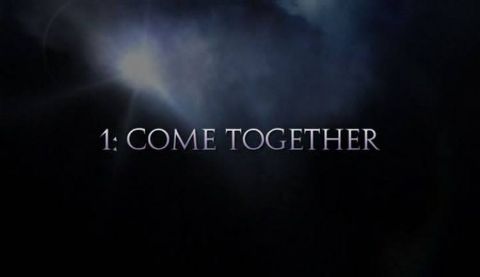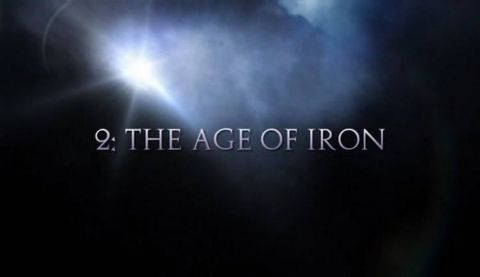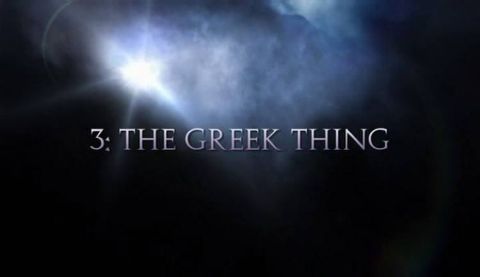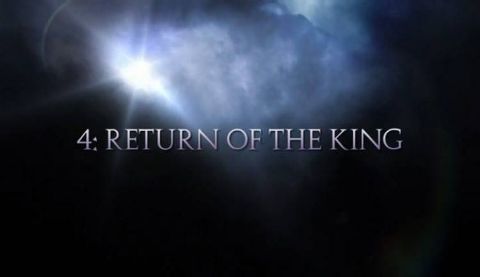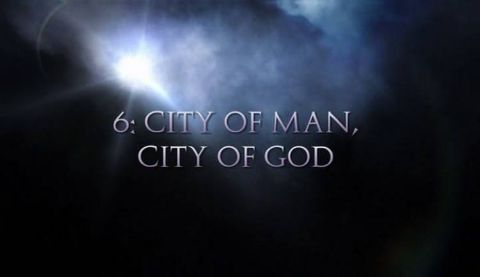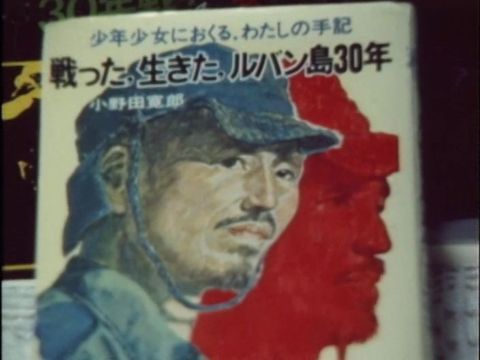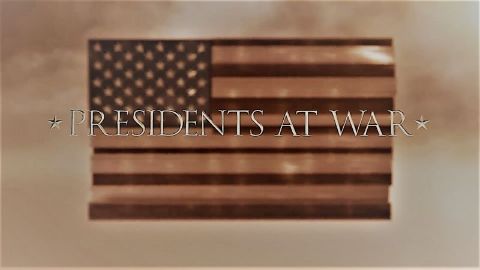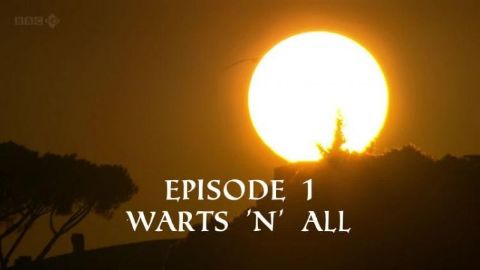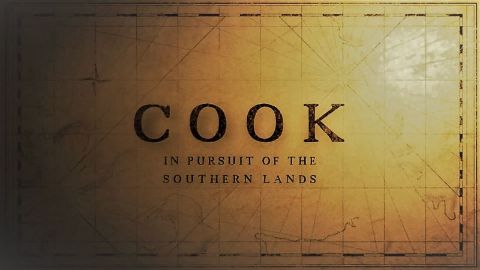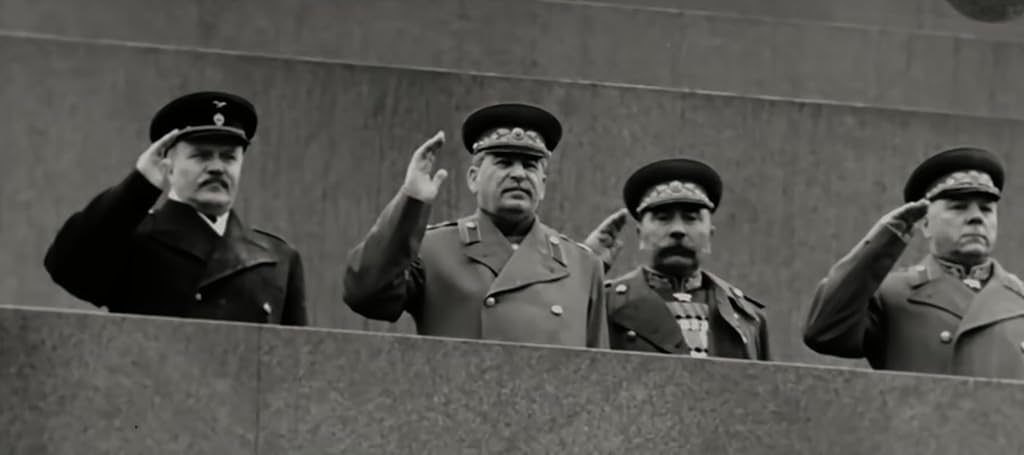Ancient Worlds • 2010 • 6 episodes •
Archaeologist and historian Richard Miles explores the roots of one of the most profound innovations in the human story - civilisation - in the first episode of an epic series that runs from the creation of the first cities in Mesopotamia some 6,000 years ago, to the decline and fall of the Roman Empire. Starting in Uruk, the 'mother of all cities', in southern Iraq, Richard travels to Syria, Egypt, Anatolia and Greece, tracing the birth and development of technology and culture.
2010 • History
Archaeologist and historian Richard Miles looks at the winners, losers and survivors of the great Bronze Age collapse, a regional catastrophe that wiped out the hard-won achievements of civilisation in the eastern Mediterranean about 3,000 years ago. In the new age of iron, civilisation would re-emerge, tempered in the flames of conflict, tougher and more resilient than ever before.
2010 • History
Richard Miles explores the power and the paradox of the 'Greek Thing' - a blossoming in art, philosophy and science that went hand in hand with political discord, social injustice and endless war. He paints a fascinating picture of the internal and external pressures that fuelled this unique political and social experiment, one that would pioneer many of the political systems that we still live with today, from oligarchy to tyranny, from totalitarianism to democracy.
2010 • History
In Richard Miles's epic story of civilization, there have been plenty of examples of the great men of history, but none came close to the legend of Alexander of Macedon, known to us as 'the Great'. Uniting the fractious Greek city-states, he led them on a crusade against the old enemy, Persia, and in little more than a decade created an empire that stretched from Egypt in the west to Afghanistan in the east. But it was Alexander's successors, the Hellenistic Kings, who had to make sense of the legacy of this charismatic adventurer. By knuckling down to the hard graft of politics, taxation and public works, they created something far more enduring than a mere legend - they built a civilization. Richard traces Alexander's battle-scarred route through Turkey, Syria and Lebanon to Egypt and ultimately to the western Punjab, Pakistan, where he discovers fascinating traces of a city where Greek west and Buddhist east were united in an intriguing new way.
2010 • History
How did an insignificant cluster of Latin hill villages on the edge of the civilised world become the greatest empire the world has known? In the fifth programme of the series, archaeologist and historian Richard Miles examines the phenomenon of the Roman Republic, from its fratricidal mythical beginnings, with the legend of Romulus and Remus, to the all too real violence of its end, dragged to destruction by war lords like Pompey the Great and Julius Caesar. Travelling to Sicily and North Africa, Richard tells the story of Rome's century-long struggle for dominance with the other great regional power, Carthage. It was a struggle that would end with the total destruction of this formidable enemy and the transformation of landlubber Rome into a seapower, and the Republic into an Empire. But with no-one left to beat, the only enemy that Rome had left was itself.
2010 • History
Richard Miles explores the rise and fall of the Roman Empire, which at the height of its power, extended the benefits of its civilisation to a staggering 60 million subjects and citizens, from Hadrian's Wall to the banks of the Euphrates. The archaeologist and historian also learns how the expansion of Christianity filled a gap left by the Roman multi-god belief system, eventually leading to the instalment of Constantine as the first Christian emperor
2010 • History
